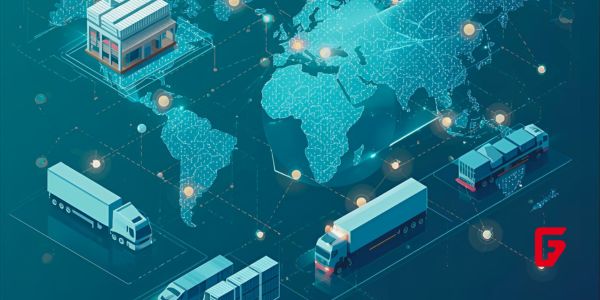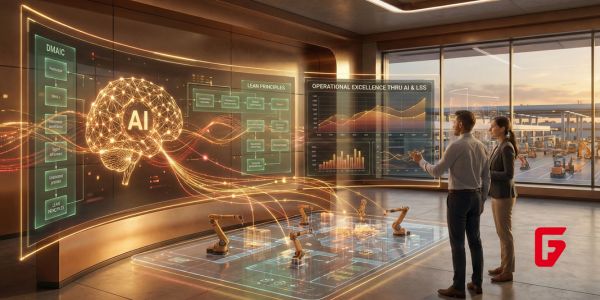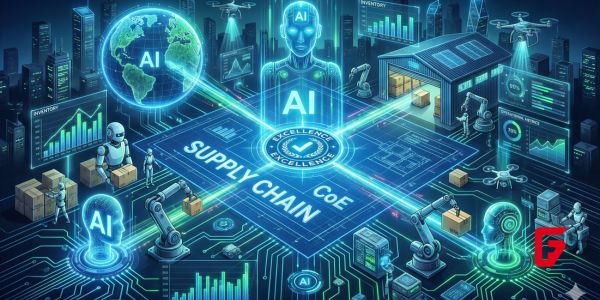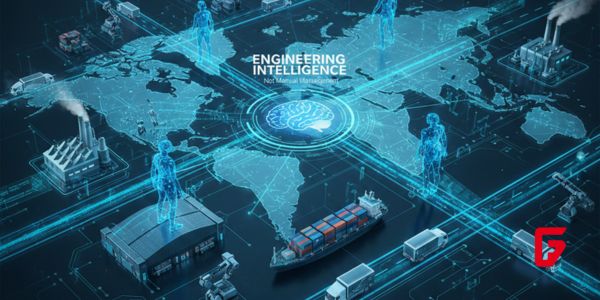By futureTEKnow | Editorial Team
The world of artificial intelligence is on the verge of a seismic shift. For years, we’ve marveled at AI’s ability to read, write, talk, and create digital art. But a new frontier is emerging: AI is gaining physical abilities, blurring the lines between mobile devices and robots, and transforming how we interact with the physical world.
“AI is all around us. AI listens to you. AI sees your face and body. AI knows where you are right now… But AI rarely ever actually moves.”
This evolution is more than a technological upgrade—it’s the dawn of embodied AI. Think of machines that not only process data but also perceive, learn, navigate, and manipulate three-dimensional space. From autonomous vehicles to humanoid robots, embodied AI is set to revolutionize industries and create markets on a scale we’ve never seen before
Historically, AI has dominated the knowledge economy—the realm of bits and bytes. It’s disrupted jobs in writing, accounting, legal services, and more. But as digital data becomes universally accessible and compute power levels the playing field, the real differentiation will come from conquering the physical economy. This is where AI interacts with atoms and photons, not just information.
Vision data is the new oil. Just as a bluefin tuna is worthless to someone without the tools to catch it, the world’s visual data is only valuable to those who can collect and process it at scale. Companies that master real-time data collection and interpretation will have a decisive edge in the next wave of AI advancement.
Biology offers powerful lessons. Consider the fruit fly—its brain is tiny, yet its compound eyes act as sophisticated computers, processing visual data with incredible efficiency. Tech giants don’t have millions of years to evolve like nature, so they rely on simulation—hyper-realistic digital twins that allow robots to “dream” and learn at an accelerated pace. This narrows the gap between simulated and real-world performance, making AI-powered machines more capable every day.
The most valuable data for training AI models isn’t from the past—it’s the last five minutes, and even more so, the next five. Real-time, context-rich data fuels better predictions and smarter machines. This is why companies like Tesla and Waymo are investing heavily in data collection through their fleets and devices, turning every user interaction into a training opportunity for their AI systems.
Waymo is rapidly expanding its autonomous fleet, aiming to transform urban mobility.
Meta is leveraging wearable devices to gather real-world data, training humanoid avatars in simulation.
Amazon is automating its fulfillment centers, reducing the human-to-robot ratio and eyeing robotics as a standalone business.
Apple is poised to integrate its software, hardware, and sensor expertise into the car of the future, turning vehicles into immersive, data-rich environments.
Tesla stands out with its vertically integrated approach, combining data, robotics, energy, AI, manufacturing, and even space-based communications to build a formidable AI ecosystem.
According to recent research from MarketsandMarkets, the worldwide embodied AI market is expected to expand from $4.44 billion in 2025 to $23.06 billion by 2030, reflecting a compound annual growth rate of 39%. As AI takes on more physical tasks, from transportation to logistics and beyond, the economic impact will be profound. This is not about getting people to spend more time on devices; it’s about automating the physical world and unlocking trillions in value.
With autonomous vehicles, flying cars, and robotic swarms on the horizon, the way we move, work, and live is set for radical change. The companies that can collect, process, and act on real-world data at scale will shape the next era of innovation. As AI gets physical, the boundaries between the digital and physical worlds will continue to blur, ushering in a new age of intelligent machines.

This article explores 10 AI-driven supply chain optimization companies to watch in 2026, highlighting how their platforms improve forecasting, logistics, and end-to-end visibility for modern operations.

AWS frontier agents introduce a new era of autonomous AI coders that can build, secure, and run applications for days at a time, acting like virtual teammates across dev, security, and DevOps while engineers retain final control over production changes.

Explore the cutting-edge ways AI is enhancing Lean Six Sigma, from real-time process insights to predictive controls, ushering in a new era of operational excellence and efficiency.

Facing supply chain challenges in 2025? High-performing teams leverage AI for risk management, demand forecasting, supplier analytics, and end-to-end visibility to ensure business continuity and resilience.

Craft an AI-powered supply chain Center of Excellence that unifies control tower visibility, analytics, and inventory optimization into one strategic hub. Explore this blueprint to learn how a modern supply chain CoE drives resilience, smarter decisions, and operational excellence in the age of AI.

Supply chain leadership is being redefined by AI, intelligent automation, and agentic decision-making, demanding leaders who can engineer end-to-end intelligence rather than simply manage workflows. This article explores how next-generation supply chain leaders will combine data, algorithms, and human judgment to build resilient, adaptive, and high-performing global operations.

Bridgit Mendler’s Northwood Space is pioneering mass-produced ground stations, enabling scalable, high-speed connectivity for the new era of satellite networks and megaconstellations.

SpaceX aims to nearly double launches from Vandenberg in 2025, facing support from federal agencies but strong objections from the state and local communities.

Traditional Medicare will pilot AI-assisted prior authorization in 2026 across six states, focusing on high-risk outpatient services. Clinicians retain final say, but incentives and access concerns loom as CMS tests fraud reduction and “gold card” exemptions. Here’s what providers and patients should know.

OpenArt’s new “one-click story” compresses scripting, visuals, and edits into ready-to-post short videos—fueling viral growth and a fresh IP debate. We break down how it works, adoption signals, what’s next (multi-character, mobile), and practical guardrails creators and brands should follow to stay original and compliant.

OpenAI’s o3 swept the Kaggle AI chess tournament, defeating xAI’s Grok 4–0. The victory fueled the intense rivalry between Altman and Musk, reshaping AI benchmarks.

NASA and Google’s AI-powered Crew Medical Officer Digital Assistant enables autonomous diagnoses for astronauts on Mars missions, redefining remote healthcare for space and Earth.
To provide the best experiences, we use technologies like cookies to store and/or access device information. Consenting to these technologies will allow us to process data such as browsing behavior or unique IDs on this site. Thanks for visiting futureTEKnow.